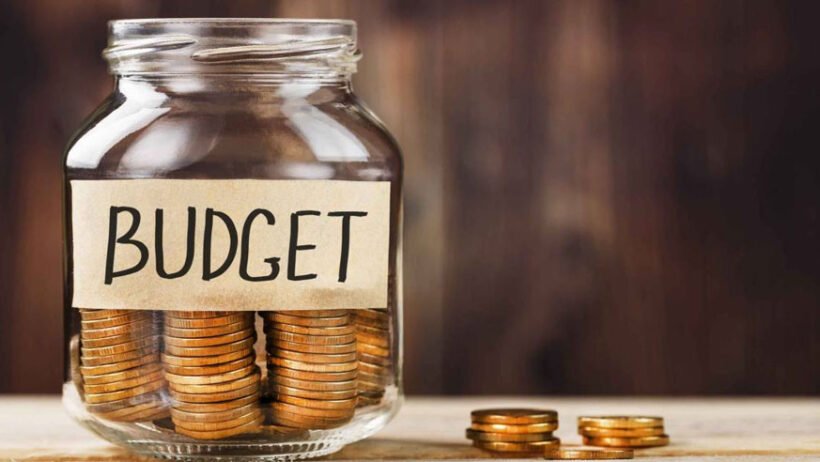Facing a sudden financial shortfall can be overwhelming. Whether it’s due to a job loss, an unexpected medical bill, or another unforeseen event, the moment your income stops covering your expenses requires immediate and decisive action. Creating an emergency budget is the first step toward regaining control. This isn’t about long-term financial planning; it’s about navigating the immediate crisis with a clear, focused strategy.
By taking a hard look at your finances and making tough choices, you can create a plan to weather the storm. This process involves assessing your situation, cutting back spending to the bare minimum, and exploring all available resources to bridge the gap.
Taking Stock of Your Financial Situation
Before you can make a plan, you need a clear picture of your finances. This is a critical step that requires honesty and accuracy. Gather all your financial documents, including bank statements, bills, and any information about your income and savings.
Calculate Your Essential Expenses
Start by listing every single expense you absolutely must pay each month to survive. These are your non-negotiables.
- Housing:Rent or mortgage payments.
- Utilities:Electricity, water, and heat.
- Food:A realistic grocery budget, focusing on staples.
- Transportation:Fuel or public transit costs necessary for work or essential errands.
- Insurance:Health, car, and home insurance premiums.
- Debt Minimums:The minimum required payments on any outstanding loans or credit cards.
Total these costs to find your bare-bones survival number. This figure is the minimum amount of money you need to get through the next 30 days.
Slashing Non-Essential Spending
Once you know your essential spending number, the next goal is to eliminate everything else. This part can be difficult, as it often means giving up comforts and conveniences. Go through your bank statements line by line and identify any expense that isn’t on your essentials list.
Areas to Cut Immediately
- Subscriptions and Memberships:Cancel streaming services, gym memberships, subscription boxes, and any other recurring charges.
- Eating Out:This includes daily coffees, lunches, takeout, and restaurant dining. Commit to preparing all your meals at home.
- Entertainment:Stop all spending on movies, concerts, and other leisure activities.
- Shopping:Freeze all non-essential purchases, such as new clothes, electronics, and home decor.
This aggressive approach to cutting costs is temporary. The goal is to free up as much cash as possible to cover your most critical needs while you navigate the financial emergency.
Finding Ways to Increase Your Income
Reducing expenses is only one part of the equation. You also need to explore every avenue for bringing in extra cash, even if it’s temporary. Think creatively about the skills and resources you already have.
Short-Term Income Strategies
- Sell Unused Items:Go through your home and identify items you no longer need. Electronics, furniture, clothing, and collectibles can be sold online or through local consignment shops for quick cash.
- Explore the Gig Economy:Look for flexible work opportunities. Food delivery, rideshare driving, and freelance tasks on various platforms can provide a fast, albeit temporary, income stream.
- Leverage Your Skills:Can you offer services like tutoring, pet-sitting, handyman repairs, or yard work in your community? Let your network know you are available for hire.
In some situations, exploring financial products may be necessary. For instance, some individuals look into options like personal loans in Utah to cover a significant, one-time emergency expense when other avenues are exhausted. However, it’s vital to first maximize all other income and savings strategies.
Take Control of Your Finances
An empty bank account is a stressful experience, but it doesn’t have to be a permanent one. By creating a strict emergency budget, cutting all non-essential spending, and actively seeking new income sources, you can build a bridge to more stable financial ground. The disciplined steps you take today are the foundation for your recovery tomorrow.








